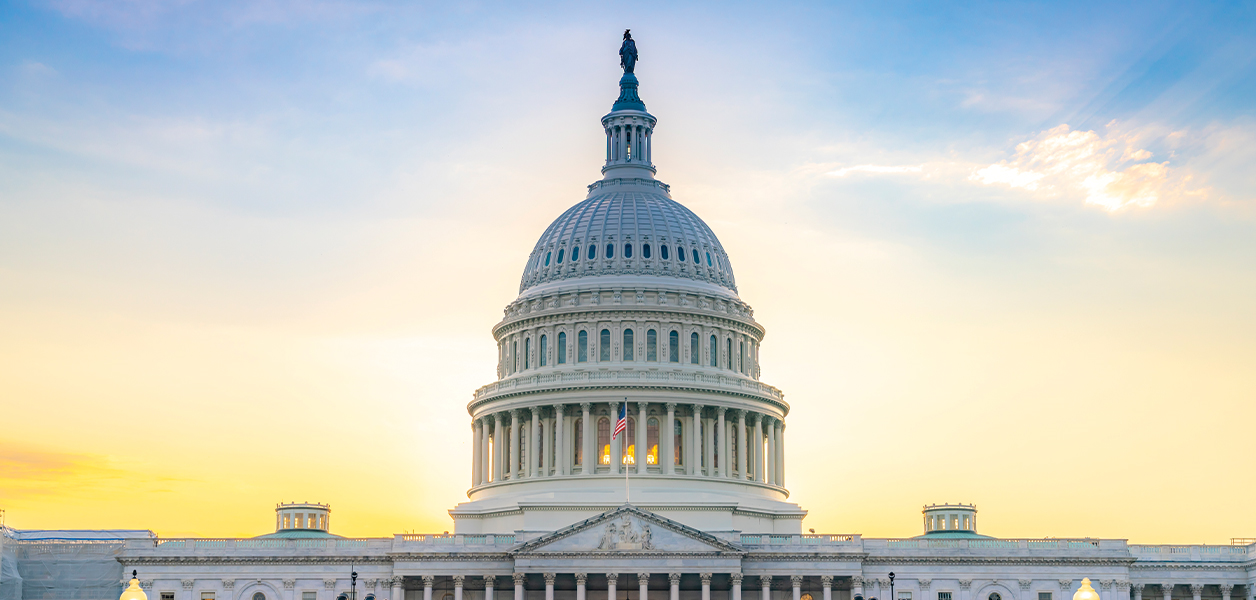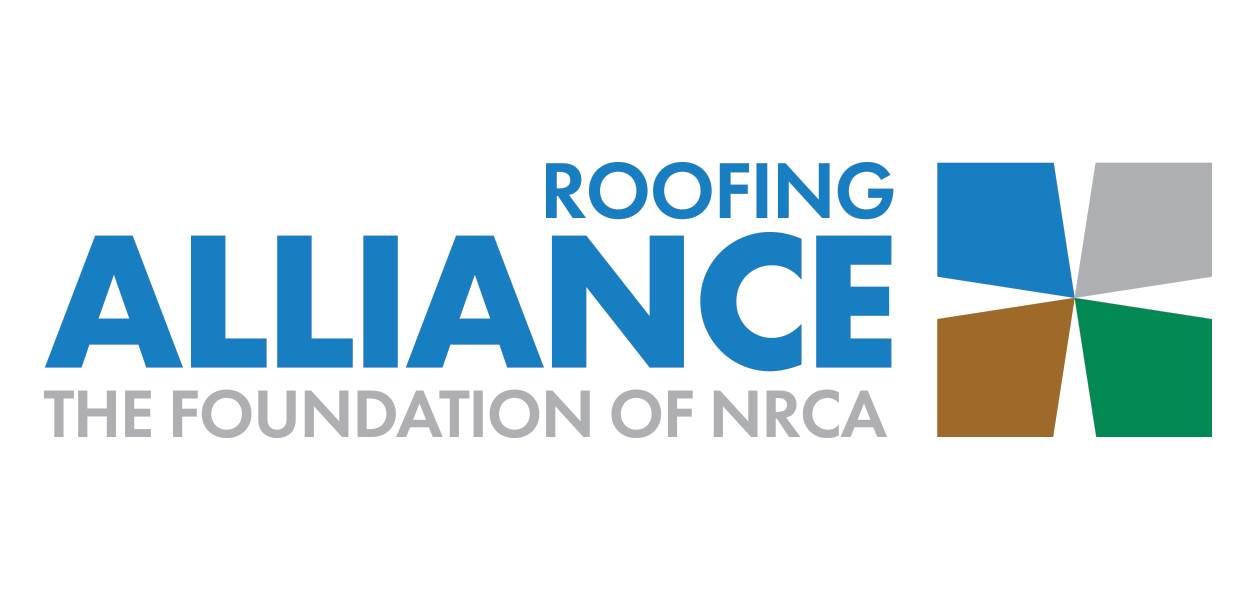Rep. Bill Pascrell (D-N.J.) passes away
Rep. Bill Pascrell Jr., who represented the 9th congressional district of New Jersey, passed away Aug. 21. Pascrell was 87.
We at NRCA are deeply saddened to learn of the passing of Congressman Pascrell and wish to extend our sincere condolences to his family, friends and staff at this difficult time. He was a truly great American who dedicated his life to the service of the people of New Jersey as mayor of Paterson, N.J., a state assemblyman and a member of Congress.
We very much appreciate having the opportunity to work with Congressman Pascrell regarding legislative initiatives of importance to the roofing industry and our country during his many productive years in Congress. He will be greatly missed.
Judge strikes down Federal Trade Commission rule regarding noncompete agreements
A federal judge invalidated the Federal Trade Commission’s rule to prohibit the use of noncompete agreements by employers for most employees. The agency had issued the rule in April, arguing it is needed because such clauses in employment contracts constitute unfair methods of competition and therefore violate Section 5 of the Federal Trade Commission Act. If implemented, noncompete agreements for most employees would no longer be enforceable. NRCA had submitted comments based on member input opposing the rule as overly broad in scope and going beyond the authority granted by Congress to regulate methods of competition.
On Aug. 20, U.S. District Judge Ada Brown ruled the FTC exceeded its authority in issuing a broad rule applicable to all types of noncompete agreements rather than reviewing instances of anticompetitive practices on a case-by-case basis, as it currently does. The ruling came in response to a lawsuit filed by the U.S. Chamber of Commerce and other organizations challenging the rule. The district court’s ruling forbids the FTC from enforcing the rule, which was scheduled to take effect nationwide Sept. 4. An FTC spokesperson said officials are reviewing the ruling and will consider appealing the decision.
IRS announces second Employee Retention Credit Voluntary Disclosure Program
The IRS is urging businesses that have received Employee Retention Credit payments to again check eligibility requirements and consider a newly announced second Employee Retention Credit Voluntary Disclosure Program to resolve incorrect claims without penalties or interest. The second ERC Voluntary Disclosure Program will run through Nov. 22 and allow businesses to correct improper payments at a 15% discount and avoid future audits, penalties and interest. The IRS urges businesses to review eligibility requirements and talk to a trusted tax professional to see whether the Voluntary Disclosure Program is a good option. The IRS’s ERC Eligibility Checklist also can help businesses understand eligibility requirements and suggest next steps. Full details are available in IRS Announcement 2024-30.
To apply, employers must file Form 15434, Application for Employee Retention Credit Voluntary Disclosure Program, available on IRS.gov, and submit it through the IRS Document Upload Tool. Employers are expected to repay their full ERC minus the 15% reduction allowed through the Voluntary Disclosure Program. Under certain conditions, employers who are not able to pay the amount in full will have the option to set up an installment agreement.
The IRS’s claim withdrawal program remains open for businesses whose ERC claims have not been paid yet.
Update of Form I-9
U.S. Citizenship and Immigration Services has updated Form I-9, Employment Eligibility Verification, to extend the expiration date to May 31, 2027. The Form I-9 is required to verify the identity and employment authorization of individuals hired for employment within the U.S.
Employers must use the Form I-9 with the edition date of Aug. 1, 2023, which may have an expiration date of either July 31, 2026, or May 31, 2027. Either form may be used until its respective expiration date. Downloads are available on the Form I-9 download page and will only include the new May 31, 2027, expiration date. Employers are encouraged to update their electronic Form I-9 systems to use the May 31, 2027, date as soon as possible and must do so no later than July 31, 2026, the expiration date on the previously issued Form I-9. For more information visit I-9 Central or join a free Form I-9 webinar.
Agencies announce steps to protect residential solar consumers
On Aug. 7, the Department of the Treasury, Consumer Financial Protection Bureau and Federal Trade Commission jointly announced actions to address unfair and deceptive practices in the residential solar industry. The announcement states that during “the past decade, regulators have seen an increase in consumer complaints about some unscrupulous companies that pressure consumers into predatory contracts or purchases, including with unfair financing, and/or fail to install or activate residential solar systems as promised.” The advisories from the three agencies are designed to “serve as educational resources that consumers can use at the beginning of their solar-shopping process to make informed decisions.”





